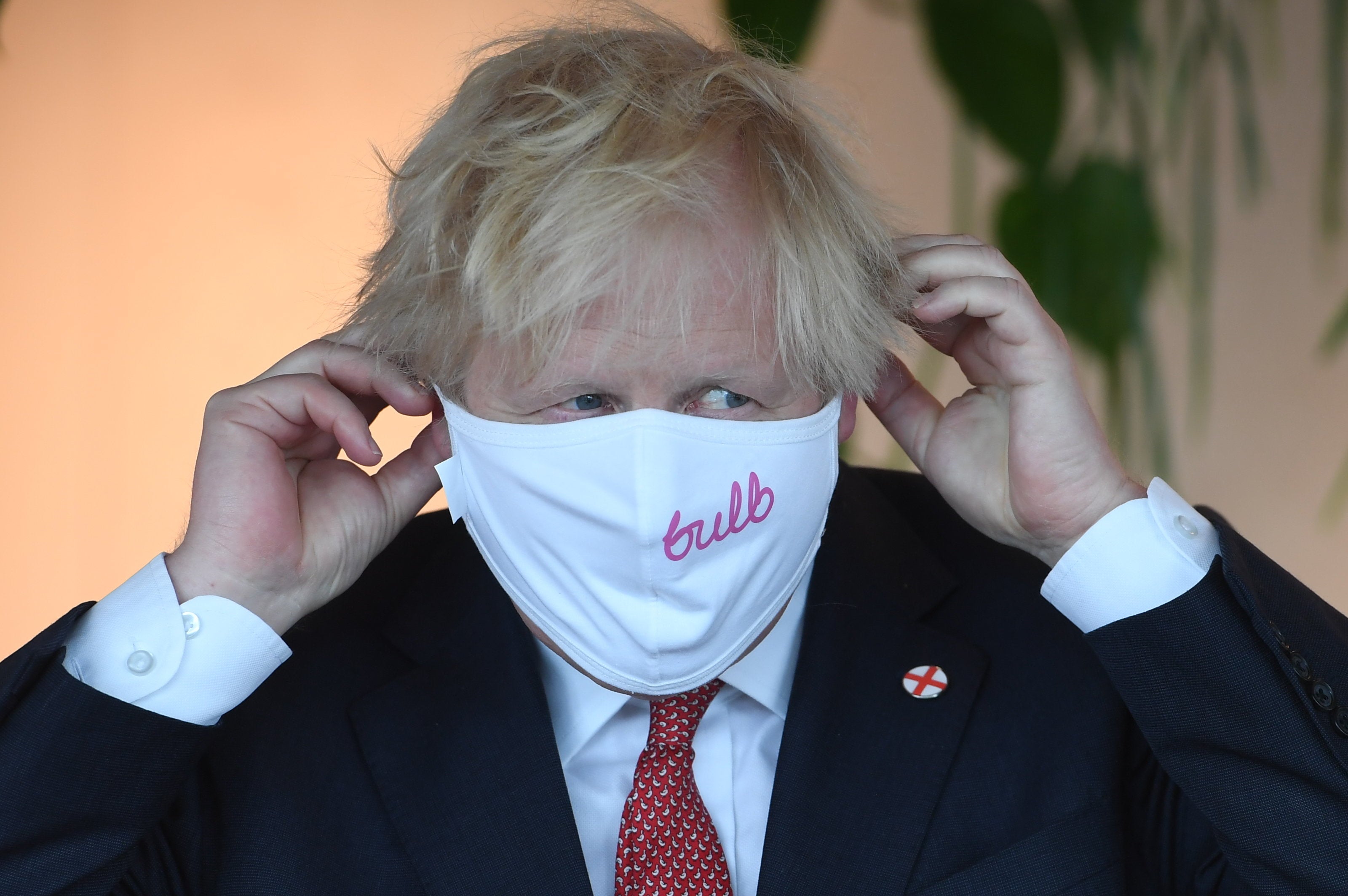Households may face extra bills for Government rescue of Bulb
Ministers are making £1.7bn available to support the energy supplier through its administration.

Your support helps us to tell the story
From reproductive rights to climate change to Big Tech, The Independent is on the ground when the story is developing. Whether it's investigating the financials of Elon Musk's pro-Trump PAC or producing our latest documentary, 'The A Word', which shines a light on the American women fighting for reproductive rights, we know how important it is to parse out the facts from the messaging.
At such a critical moment in US history, we need reporters on the ground. Your donation allows us to keep sending journalists to speak to both sides of the story.
The Independent is trusted by Americans across the entire political spectrum. And unlike many other quality news outlets, we choose not to lock Americans out of our reporting and analysis with paywalls. We believe quality journalism should be available to everyone, paid for by those who can afford it.
Your support makes all the difference.Household bills could increase by as much as £60 to pay for the failure of energy supplier Bulb at a time when costs are already soaring.
The company fell into special administration on Wednesday, with the Government promising to set aside nearly £1.7 billion to ensure it keeps the lights on for its 1.6 million customers.
It makes Bulb the first company to use the system that was designed to prop up energy suppliers deemed too big to fail.
Under the rules of the Special Administration Scheme, the business can get Government money to continue providing gas and electricity to its customers during the administration period.
However, an official paper from 2013 reveals that the system’s architects envisioned the Government placing the costs back on to the energy suppliers.
This is ultimately likely to get passed on to households through their energy bills.
“The intention is to recover the Government funding from the insolvent company if it were rescued or from the proceeds of its sale if it were sold. If all or part of the funding could not be recovered from the company or its successor(s), the intention is to recover it through network charges,” the paper said.
One industry source told the PA news agency that the Government will be able to get some of the money back from Bulb or from selling parts of the business.
But those in the industry believe the Government will either have to absorb around £1 billion, or charge consumers for it.
However, the source said ministers will be able to decide when to push up bills to recoup their money.
By waiting until gas prices are less severe, they could spread out the immediate hit to households. Bills are already expected to shoot up by hundreds of pounds next year.
The 2013 paper also reveals that the Government believed suppliers as big as Bulb were highly unlikely to collapse.
Officials estimated there was just a 0.12% chance of using the Special Administration Regime in any given year.
Normally energy regulator Ofgem uses a different process, called the Supplier of Last Resort, which moves the customers of a failed supplier to one of its rivals.
This ensures that consumers are protected, while allowing the failed business to close down.
However transferring all of Bulb’s 1.7 million customers to a different supplier could risk putting the new supplier at risk of collapse because of the high costs it would face.
“For a supplier to take on the customers of one of the six largest supply companies may mean doubling the size of their customer base. A transfer of this size could not take place in an orderly manner in a short timescale,” the 2013 paper said.
Court documents from Wednesday show that Bulb’s intellectual property and billing platforms are owned by its former parent company, Simple Energy.
These are so important to Bulb that, if it was deprived of them, even for a short period, “it would be highly damaging”, the court papers claim.
Bulb will continue to pay Simple Energy to continue using them while in administration.
The court documents also show that time was quickly running out for the energy company.
Suppliers often buy the energy they think their customers will need as much as a year in advance.
This acts as an insurance policy against price spikes like the one that has recently hit markets and is known as hedging. However Bulb was only hedged until the end of this year.